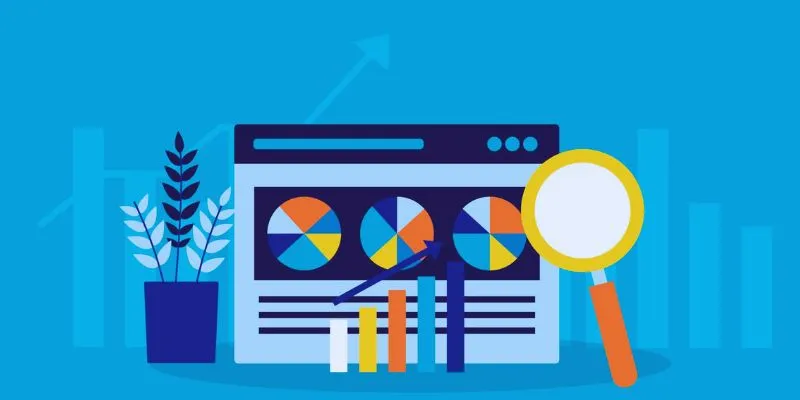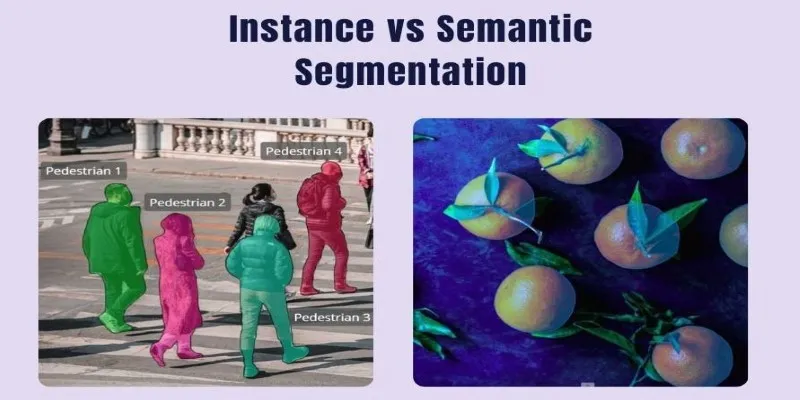Artificial intelligence (AI) is revolutionizing how marketers create and optimize content. By identifying opportunities that might be missed in your digital strategy, AI helps you uncover areas for improvement. Through rapid analysis of large data sets, AI content gap tools can identify where your content is lacking. These tools enable you to focus on relevant topics that your audience is actively searching for, which significantly boosts search engine rankings and user engagement.
AI enhances the development of smarter SEO strategies. Integrating AI into your planning not only improves rankings but also strengthens your content. By leveraging AI, you ensure your site remains competitive. Discover how AI can refine your work and address areas that competitors may overlook.

Understanding Content Gaps:
A content gap on your website is the absence of material that users expect to find. These gaps commonly appear when competitors cover topics that your site neglects. AI systems help identify these gaps by analyzing keywords, search intent, and competitor content. Without this insight, your material may fail to attract or convert visitors. Manual content gap detection is time-consuming and often inadequate. AI accelerates the process while ensuring accuracy.
Even if you can’t immediately identify gaps on your site, AI can quickly determine your audience’s needs. It points out missing material and suggests additions, creating a more comprehensive and valuable webpage. Content that addresses real questions builds trust and improves performance. Using AI to find these gaps reduces speculation and increases impact. Aligning with actual customer demand also enhances strategic planning, making your approach more focused and aligned with SEO goals.
Boosting SEO Performance with AI:
Utilizing AI for gap analysis leads to stronger SEO results. It allows you to craft content that aligns more closely with search intent. AI ensures you cover trending phrases, increasing visibility for both search engines and users. With smarter insights, you spend less time guessing what to write. This results in better rankings and increased engagement.
AI also helps discover long-tail keywords and topic clusters, which can attract more qualified traffic over time. Additionally, AI suggests related pages for internal linking, enhancing search engine crawling and site architecture. This results in increased traffic and improved user experience. By creating content desired by users and valued by search engines, your strategy shifts from assumption-based to data-driven. AI regularly produces faster, more accurate results, boosting your online presence.
Enhancing Content Relevance and Quality:
AI tools provide insights into what your audience finds important by analyzing user behavior, frequently asked questions, and pain points. These insights help you create content that feels relevant and timely. AI can suggest improved headings, titles, and content structure, making your material more engaging and aligned with user intent.
AI also identifies weaknesses, such as outdated statistics or missing facts. Addressing these areas enhances quality and builds trust. AI tools can assess readability and tone, ensuring consistency across your site. Improved content quality leads to better dwell time and reduced bounce rates, positively impacting SEO. By raising content standards, AI contributes to superior performance and user satisfaction, encouraging repeat visits.

Saving Time and Resources:
Manually conducting content analysis is time-consuming and labor-intensive. AI automates many of these processes, saving time and effort. Results are delivered in minutes rather than hours or days. AI tools can manage multiple pages or large websites simultaneously, making them ideal for scaling your strategy.
AI insights, once accessible only through specialized knowledge, now empower even small teams. This reduces the need for trial and error, leading to better first drafts and fewer revisions. Budgets stretch further as you design content specifically for ranking, eliminating guesswork. Time saved can be invested in deeper planning or creative work, allowing your team to focus more effectively. AI enhances human creativity rather than replacing it, becoming a valuable ally in content development and enabling you to achieve more with less effort.
Improving Long-Term Content Strategy:
AI plays a crucial role in long-term content planning, allowing you to organize material over months or even a year. AI insights highlight topics to cover and optimal publication times, resulting in a balanced and orderly editorial calendar. This prevents redundancy and ensures important gaps are filled.
Leveraging historical data, AI helps forecast future trends, keeping you ahead of the curve. AI also tracks performance over time, revealing which updates have made a significant impact. Based on actual outcomes, you can adjust your strategy to remain focused on growth. AI ensures your approach is aligned with audience needs and SEO objectives, enabling you to build a robust body of content that continues to perform well after publication. By continually evolving your strategy with AI, you achieve consistent traffic and business growth.
Conclusion:
AI offers significant benefits for content planning and optimization. It highlights what is missing and what is most important. AI content gap tools enable faster, smarter decision-making, leading to higher rankings, time savings, and enhanced content quality. Beyond short-term gains, AI contributes to long-term SEO success. By incorporating AI into your content strategy, your website becomes more valuable and visible. Increased traffic and user trust result from smarter content. Let AI guide your next steps in content creation to stay ahead of the competition.
 zfn9
zfn9























